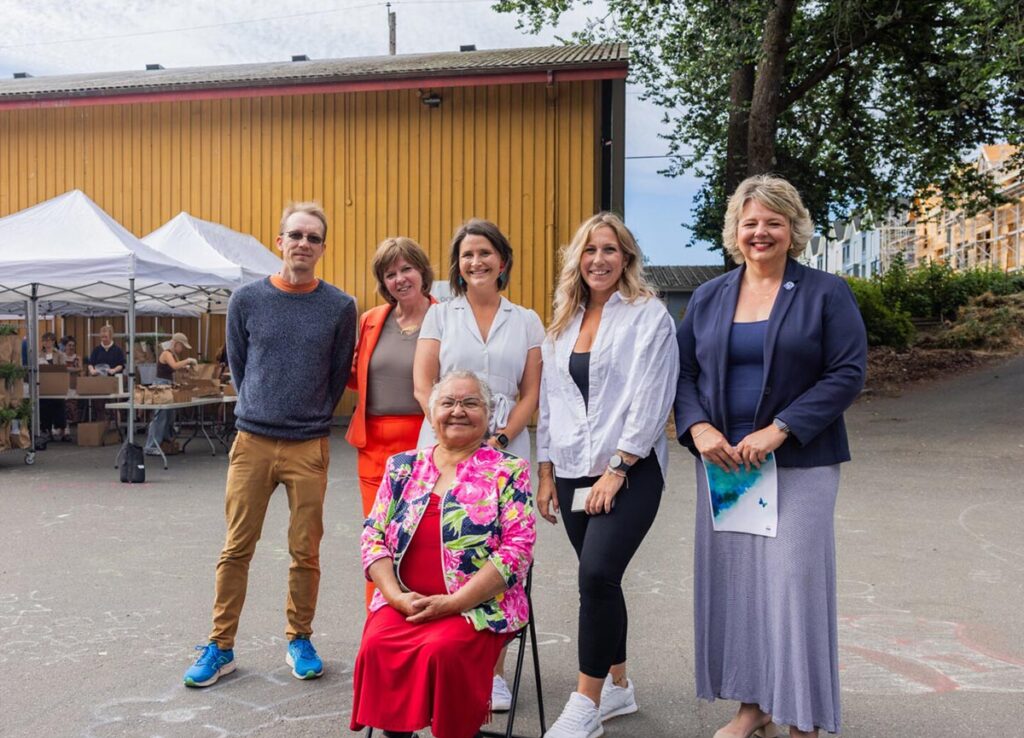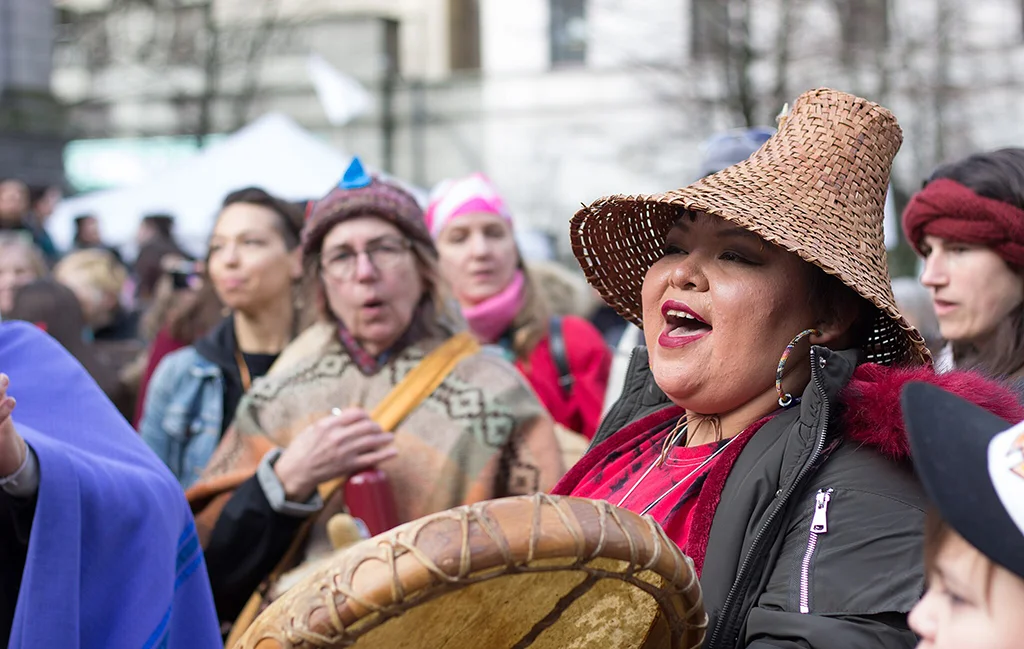The fight against poverty has taken a sharp turn with the launch of Community-Based Employment Services (CBES), a groundbreaking initiative designed to help individuals facing complex barriers find employment. With wraparound support systems that tackle issues like unstable housing, mental health struggles, and substance use, CBES is set to become a game-changer in bridging the gap between vulnerability and opportunity. The $4 million investment from the Canada-B.C. Labour Market Development Agreement is a testament to the growing belief that meaningful employment is a vital step toward breaking the cycle of poverty.
Why Employment is More Than a Paycheck
At its core, having a job is about much more than earning an income—it’s about dignity, stability, and connection. Research has repeatedly shown that people feel better mentally and emotionally when they are contributing members of society. This is where the CBES program comes in. As Sheila Malcolmson, B.C.’s Minister of Social Development and Poverty Reduction, pointed out, “People say they feel better, and are better off, when they have a job and community connections.”
But here’s the twist: securing a job is far from straightforward for many. Traditional employment programs fail to address the complex and overlapping challenges—like homelessness, addiction, or mental health struggles—that keep people stuck in poverty. That’s where CBES is different. It’s not just about preparing someone for an interview or teaching resume-writing skills; it’s about stabilizing their lives holistically.
The Secret Sauce of CBES
CBES provides individualized support for those struggling with barriers that are not just professional but deeply personal. The program doesn’t operate on a one-size-fits-all model. Instead, it offers tailored and flexible supports to help people stabilize their lives—whether that means helping someone secure stable housing, providing mental health services, or guiding them through substance abuse recovery programs. Participants aren’t just thrown into the workforce; they are supported along the way, with access to trauma-informed, culturally safe services.
The pilot program rolled out in Victoria, and by August 2024, it expanded to Vancouver Downtown Eastside, Surrey, Prince George, and Nanaimo. While the scope is ambitious, so too is the potential impact.
British Columbia’s 2024 Poverty Reduction Strategy
CBES is only one piece of the puzzle. It fits into the larger framework of British Columbia’s 2024 Poverty Reduction Strategy, a plan that seeks to make necessities like food, housing, healthcare, and transportation accessible to all citizens. The strategy is informed by the voices of more than 10,000 British Columbians, 70% of whom have direct experience with poverty. This marks a significant shift towards inclusive policymaking—a recognition that those who face these challenges every day know best what solutions are needed.
The strategy also addresses the elephant in the room: the soaring cost of living. By focusing on building affordable homes, increasing wages, and making child care accessible, the government aims to create a safety net that works. And through initiatives like CBES, it’s clear that employment is seen as a key element in reducing poverty.
Is This the Answer to Canada’s Employment Crisis?
While the introduction of CBES and other poverty reduction initiatives seem promising, it begs the question: will they truly solve the complex employment crisis that many in Canada face today? Historically, similar programs have met with limited success because they’ve focused too narrowly on job training without addressing the root causes that make holding down a job difficult in the first place. CBES, however, might have found the missing ingredient—by tackling both life stability and employability in tandem, it offers hope that this time, the approach could be different.
Still, the scale of the challenge cannot be underestimated. Unemployment among people facing multiple barriers is notoriously difficult to overcome. The question remains: will these services be flexible enough to accommodate the diverse needs of the population they serve? And, perhaps more importantly, will this support continue long enough for real change to take root?
What the Future Holds for BC’s Workforce
As the world becomes more complex, so too do the solutions needed to address poverty and unemployment. Randy Boissonnault, federal Minister of Employment, Workforce Development, and Official Languages, captured the long-term vision well: “Building a strong future workforce starts with removing barriers to employment today.” CBES is positioned as a proactive solution for a future where Canada can boast not only a larger workforce but a more inclusive one, too.
But this isn’t just about creating jobs; it’s about crafting a more prosperous, equitable society. The employment challenges of today are deeply intertwined with issues like the cost of living, housing affordability, and mental health. CBES recognizes this and is built to meet people where they are—not where society expects them to be.
Will CBES Spark a New Conversation on Employment?
While programs like CBES provide a beacon of hope, they also invite controversy. Should taxpayers be funding such an expensive and intensive program? And what does it say about the broader social safety nets when employment programs need to extend far beyond just offering job training?
There’s no doubt that wraparound services are effective in addressing employment barriers, but the conversation is just beginning. As more people experience the benefits—and the shortcomings—of programs like CBES, it’s crucial that we keep the dialogue going. After all, the road to meaningful employment—and a stronger society—is paved with tough questions and even tougher solutions.
What do you think? Is CBES the answer to helping people out of poverty, or is it simply another short-term fix to a much bigger problem? Let your voice be heard—join the conversation today.
Monika is a dedicated Downtown Eastside activist and youth counsellor with extensive experience working alongside British Columbia and California community organizations. Passionate about harm reduction and youth empowerment, Monika’s advocacy focuses on creating impactful programs, offering a voice to those often overlooked.






Leave a Comment